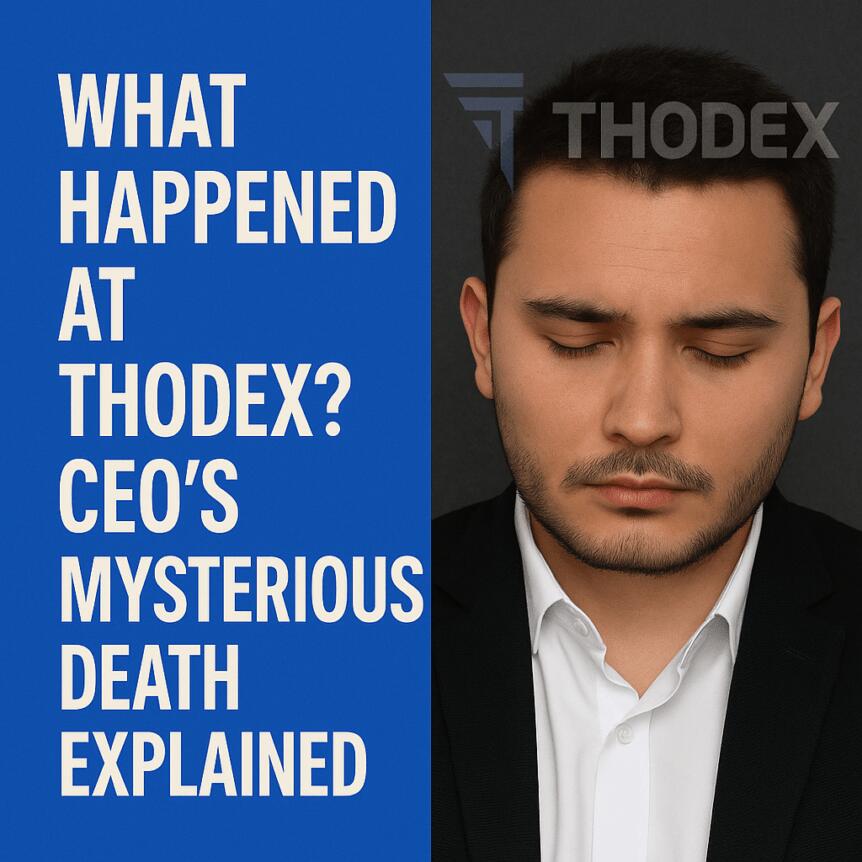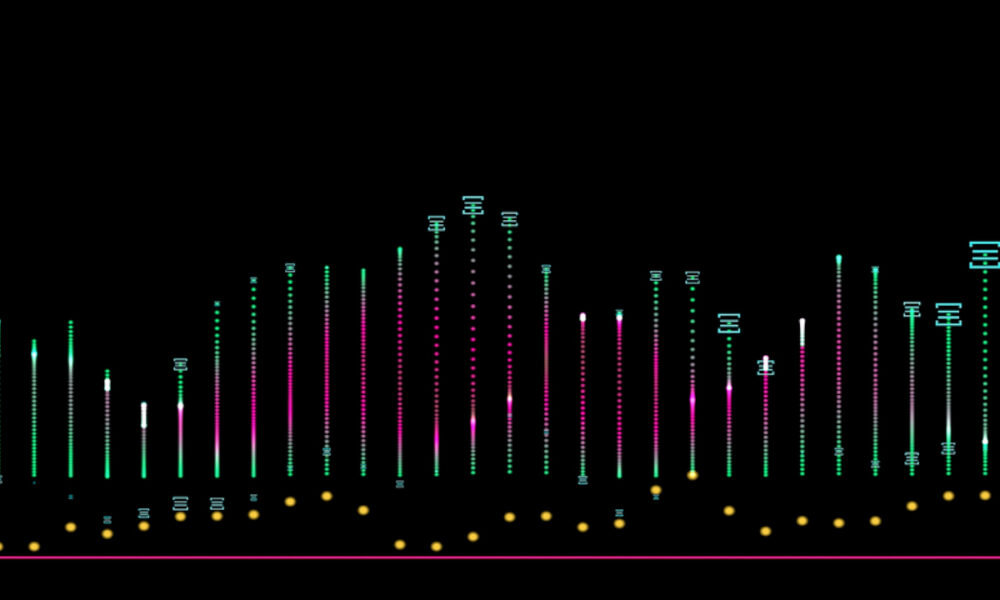What Happened at Thodex? CEO’s Mysterious Death Explained

- Faruk Fatih Özer, leader of the Thodex crypto scam, was found dead in prison, with authorities citing possible suicide.
- The Thodex case led to significant legal reforms in Turkey, including tighter regulatory oversight of cryptocurrencies.
- Authorities arrested Özer in Albania after a lengthy extradition process, culminating in his conviction and sentencing.
- Turkey imposed strict bans on crypto payments amid the scandal, shaping its stance on digital assets.
- The incident sparked increased crypto adoption in Turkey, despite the regulatory hurdles and legal crackdown.
$2-billion Thodex Scam Triggers Raids, Arrests, and a Notorious Escape
On April 21, 2021, Turkish-based cryptocurrency exchange Thodex suddenly halted all trading and withdrawal activities, citing operational improvements supported by international banks. The announcement came amid widespread suspicion, as reports soon surfaced that founder Faruk Fatih Özer had fled the country with over $2 billion in user funds, marking one of the largest crypto exit scams in history. Turkish authorities responded swiftly, launching investigations and raiding the exchange’s Istanbul offices.
Istanbul’s chief prosecutor confirmed the probe, arresting 62 individuals linked to the scam, including family members of Özer. The authorities verified that Özer had escaped abroad, prompting Interpol to issue a red notice for his arrest. Despite the international manhunt, Özer remained a fugitive for over a year.
Albanian authorities eventually detained Özer on August 30, 2022. His extradition process was contested in court but ultimately approved, and he was returned to Turkey by April 2023. The swift legal response demonstrated Turkey’s rising determination to regulate its crypto sector and crack down on scams.
In July 2023, just three months after his extradition, Özer received a seven-month prison sentence for failing to submit required documents to Turkish authorities. His main conviction, handed down in September 2023, sentenced him and two siblings to over 11,000 years in prison and a hefty fine, highlighting the severity of Turkey’s crackdown against crypto fraud.
Özer maintained his innocence, claiming that his family faced false charges, asserting his competence in managing global institutions. His death at the Tekirdağ No. 1 F-Type High Security Prison, known for housing political prisoners and high-security offenders, has renewed scrutiny over prison conditions and the handling of high-profile inmates in Turkey.
Turkey’s Reformed Crypto Laws in Response to the Scandal
The Thodex incident was a catalyst for sweeping changes in Turkey’s cryptocurrency policy. Following Özer’s flight, the Central Bank of Turkey imposed a ban on crypto payments and prohibited payment providers from facilitating fiat-to-crypto transactions. While users can still deposit Turkish lira directly into crypto exchange accounts via bank transfers, the new regulations signaled a shift towards tighter oversight.
In addition, the Capital Markets Board and MASAK (Financial Crimes Investigation Board) updated legislation to include crypto-specific anti-money laundering (AML) and terrorism financing measures. By 2024, Turkey introduced the “Law on Amendments to the Capital Markets Law,” further strengthening investor protections and licensing standards. These efforts aim to legitimize the industry while moving Turkey off the Financial Action Task Force’s “gray list,” enhancing its reputation in the global crypto markets.
As a result, Turkey has emerged as a significant player in the Middle East’s crypto scene, with reports indicating increased trading activity and a surge in crypto value inflows, as documented by Chainalysis’ “2025 Geography of Crypto Report.” Despite the turbulent past, Turkey’s evolving regulatory framework appears poised to foster more responsible crypto adoption, even as the shadow of Thodex still looms large.
This article was originally published as What Happened at Thodex? CEO’s Mysterious Death Explained on Crypto Breaking News – your trusted source for crypto news, Bitcoin news, and blockchain updates.
You May Also Like

Best Crypto Presale 2025: Why Users Are Flocking to Earth Version 2 (EV2)

The DeFAI Crucible: Navigating Trust and Automation in a Nascent Market
